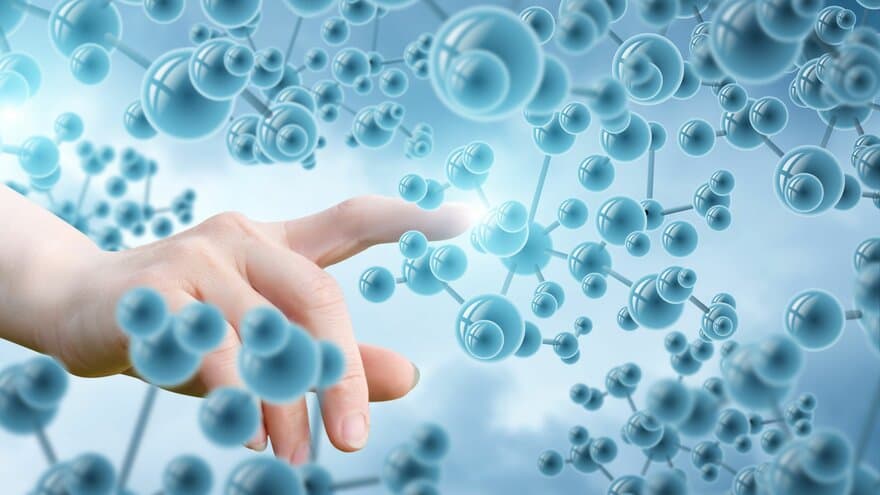The Material Theory and Informatics group at NMBU specializes in using electronic structure calculations and molecular dynamics simulations. We also use machine learning to predict and gain insight into material properties and thermophysical relations.
About the Material Theory and Informatics group
Current research activities include the modelling of ferroelectric organic materials, physical properties of aqueous systems, thermoelectric materials, theoretical spectroscopy, and complex processes such as electrical discharges in air. Several of these actives enjoy strong collaborations with experimental partners.
We also have a significant method development component relating to describing electronic band structure methods and van der Waals forces within the density functional theory framework.
Highlights
Latest news
Masters and PhD theses
Project grants
Research areas
Applied machine learning
Electronic structure method development
Functional molecular and hybrid materials
Gaseous dielectrics
Process data technology
Theoretical spectroscopy
Thermoelectricity
Contact
Group members
Contact us

